Related Articles

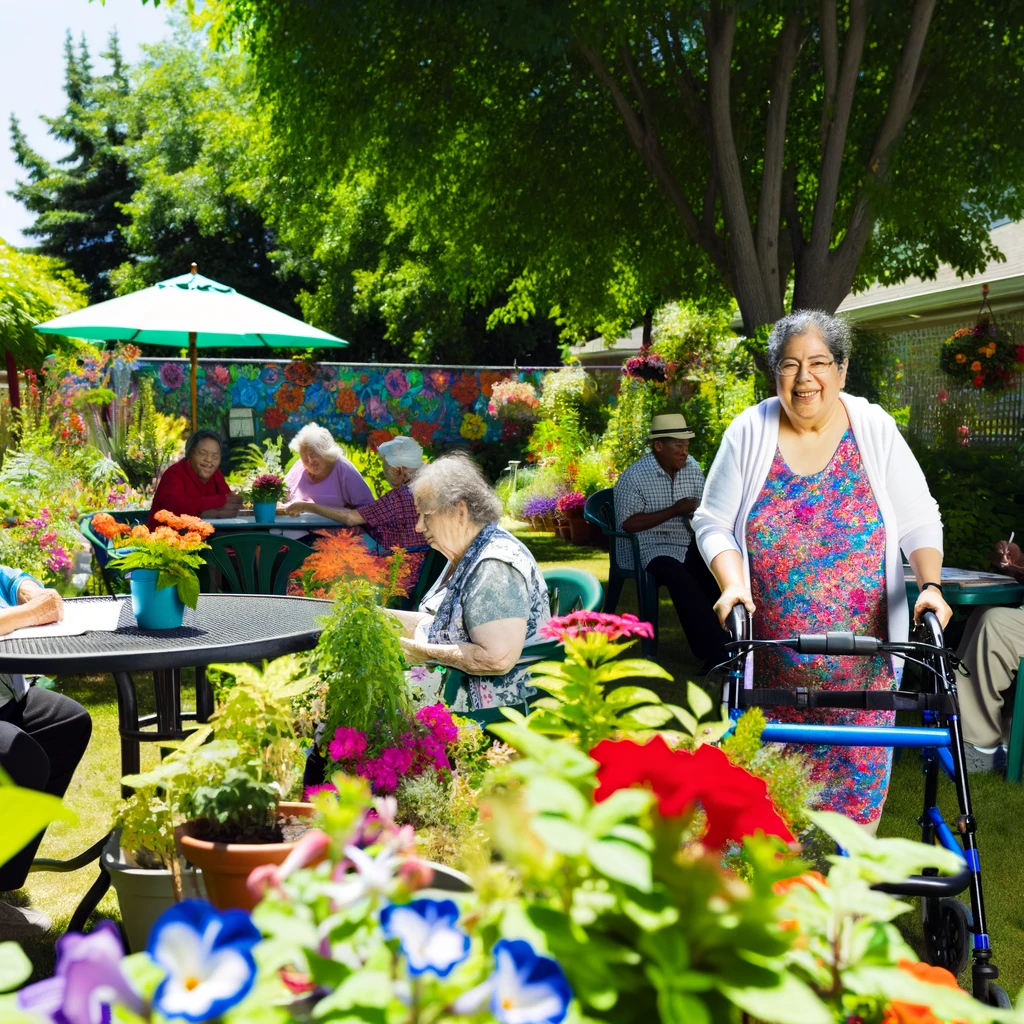
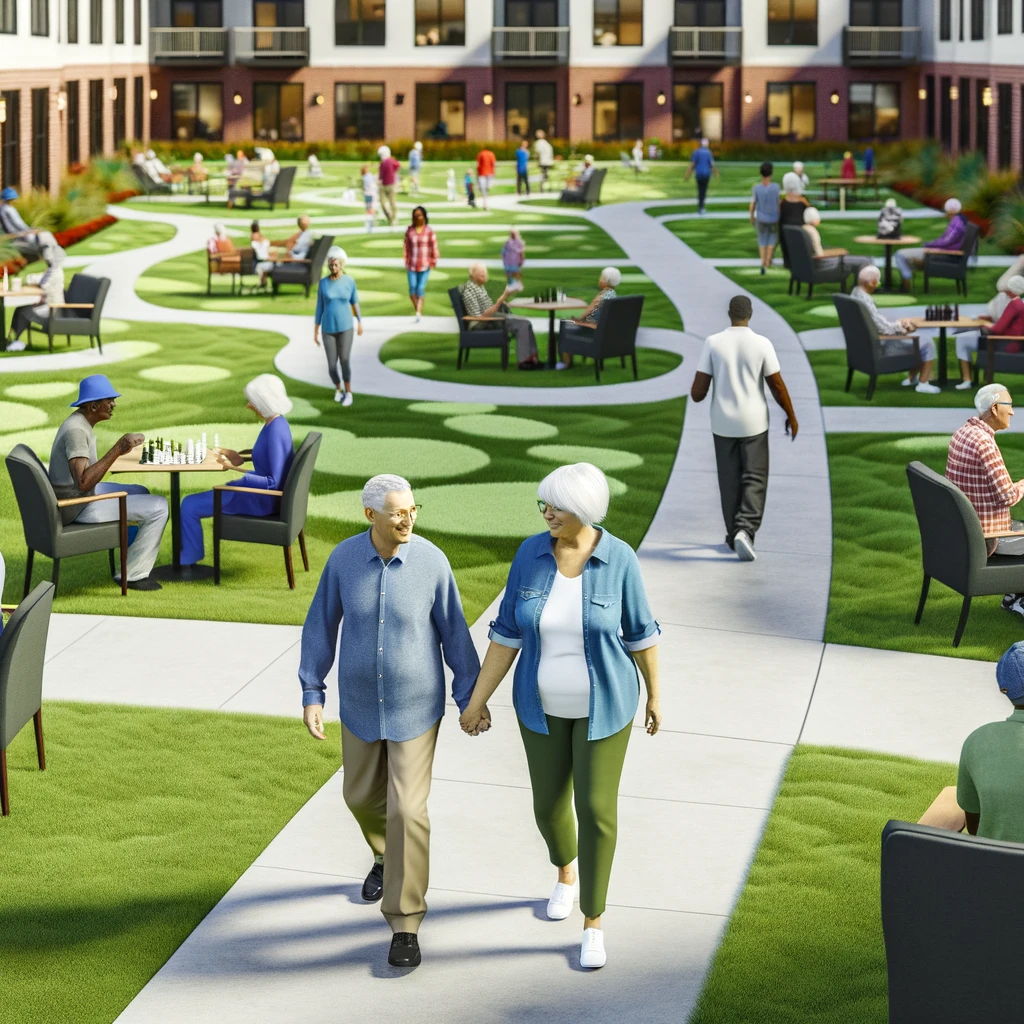
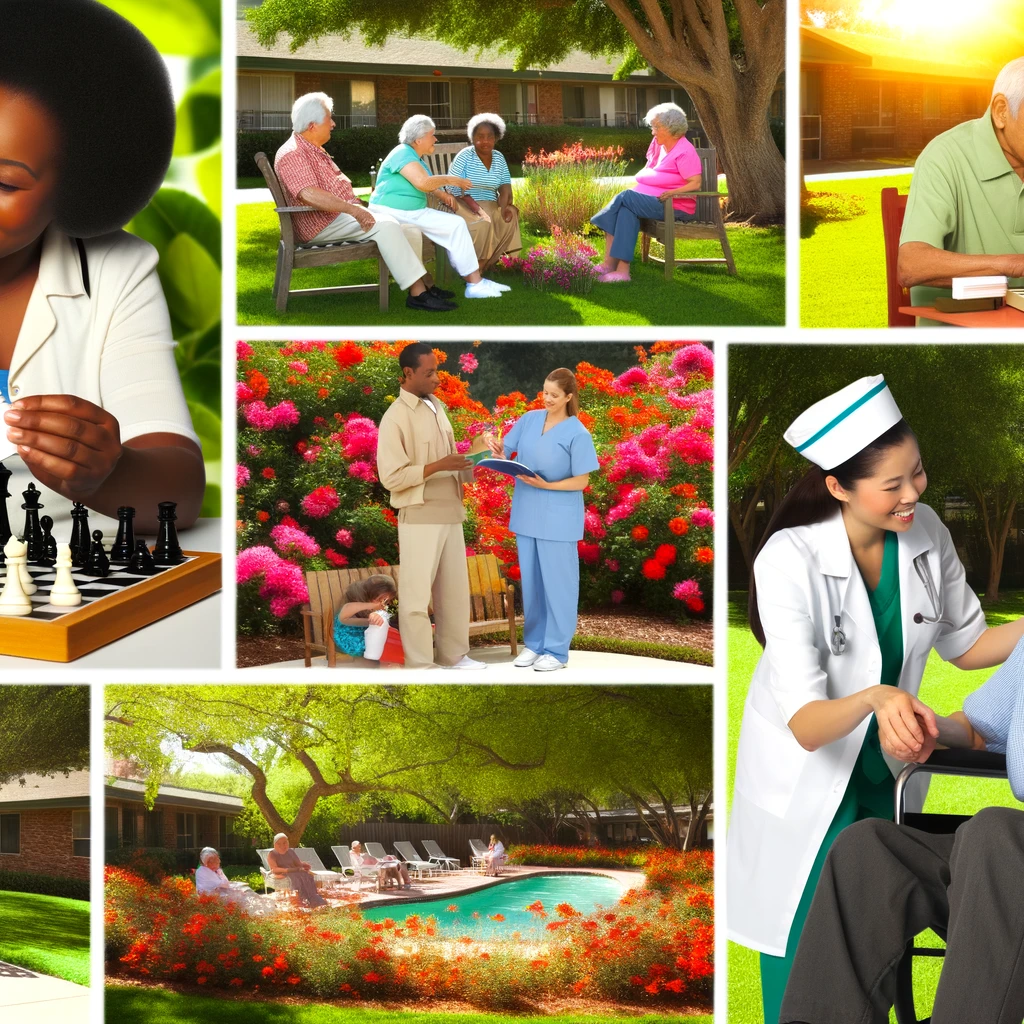
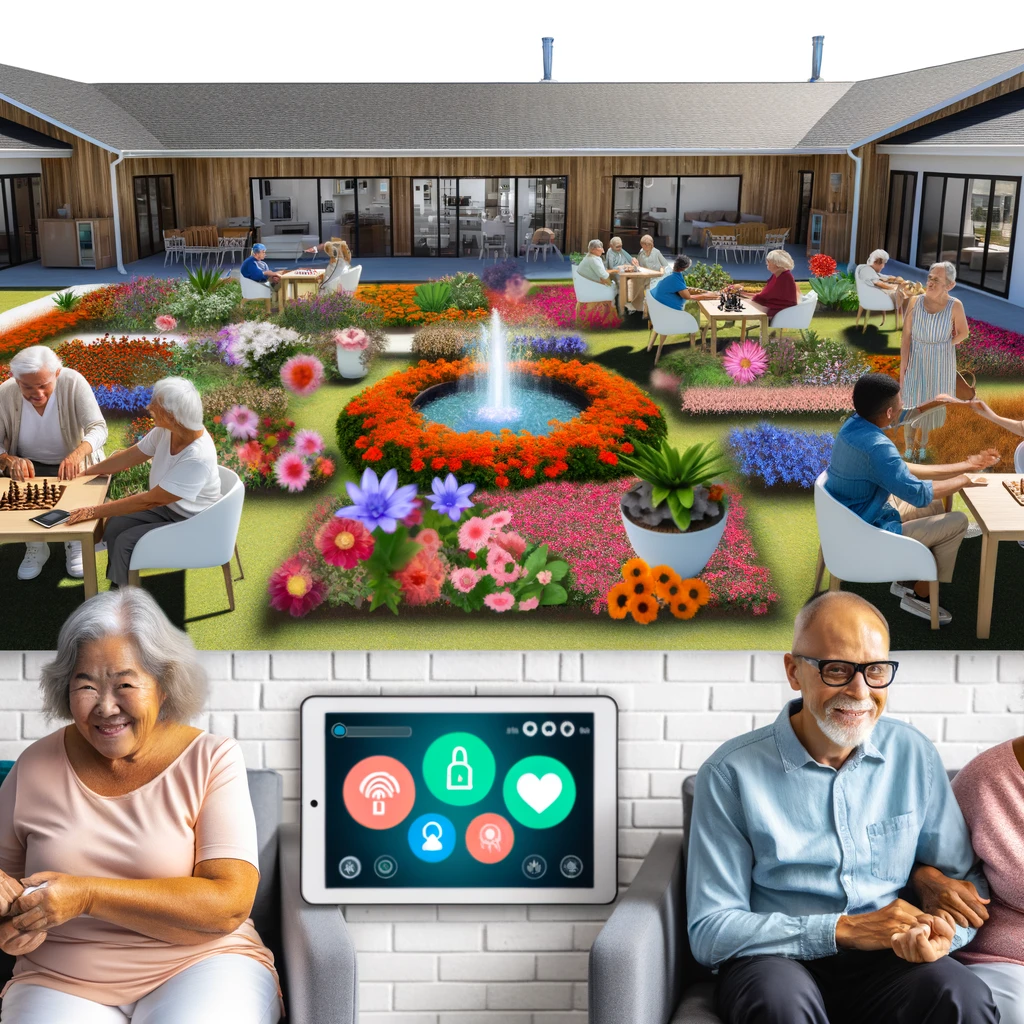





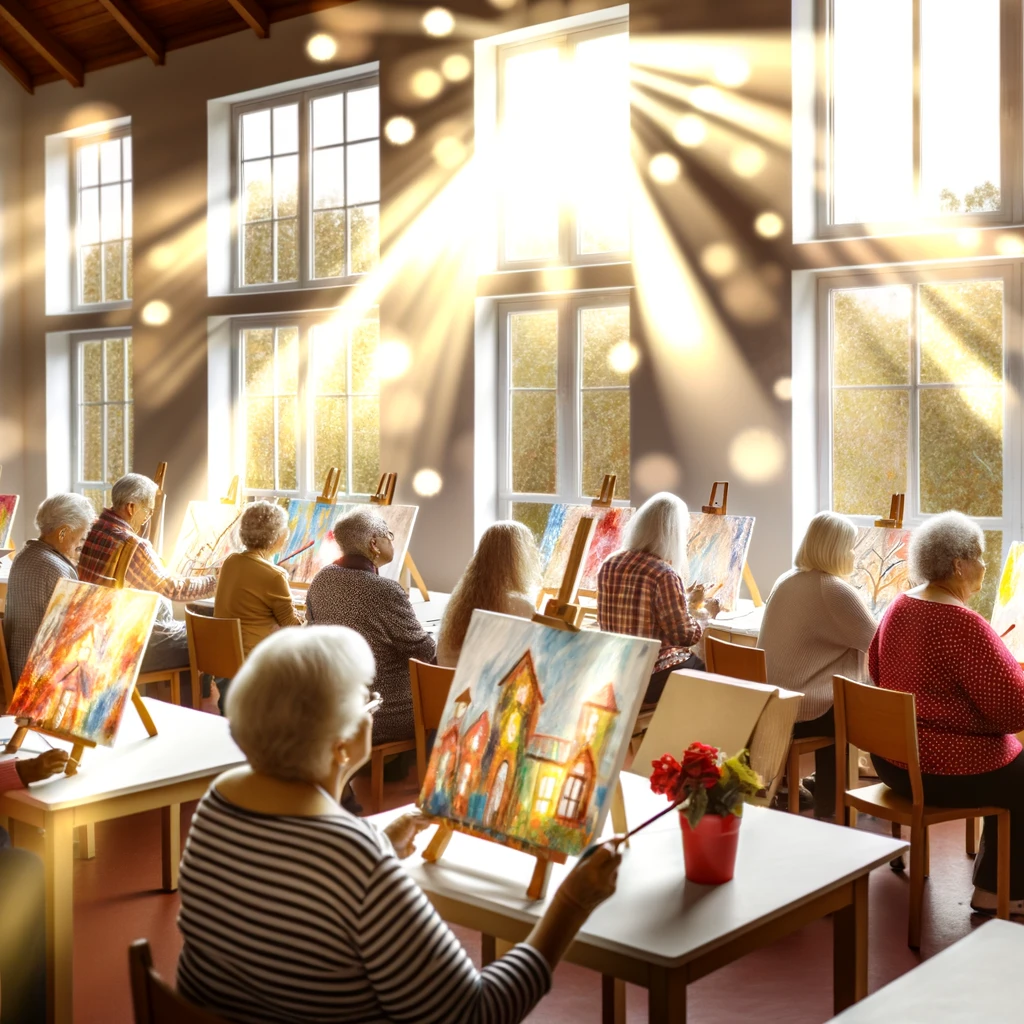
Lifelong learning is an essential component of a fulfilling and enriching life, regardless of age. In recent years, senior living communities have increasingly recognized the importance of offering educational opportunities to their residents. These communities provide a supportive environment that encourages seniors to engage in continuous learning, fostering mental stimulation and social interaction.
As people age, maintaining mental agility becomes crucial. Lifelong learning helps seniors stay intellectually active, which can delay cognitive decline and improve overall mental health. Learning new skills or refining existing ones can also enhance self-esteem and provide a sense of accomplishment.
Engaging in educational activities can significantly boost mental health among older adults. Cognitive exercises, such as learning a new language or playing a musical instrument, have been shown to improve memory and problem-solving skills. Moreover, the social aspect of group classes or workshops can alleviate feelings of loneliness and depression.
Senior living communities often incorporate physical activities into their educational programs. Classes in yoga, tai chi, or dance not only teach new skills but also promote physical health. Staying active can reduce the risk of chronic diseases and improve mobility, balance, and coordination.
Many senior living communities offer a variety of programs tailored to the interests and abilities of their residents. These programs can range from academic classes to creative workshops, ensuring that there is something for everyone.
Some communities partner with local colleges and universities to offer courses in subjects like history, literature, and science. These courses can be conducted on-site or online, providing flexibility and convenience for participants. Seniors can enjoy the challenge of intellectual pursuits and the joy of learning without the pressure of exams or grades.
Artistic expression is another area where lifelong learning thrives. Communities often organize workshops in painting, pottery, or writing, allowing residents to explore their creativity. These activities not only nurture artistic talents but also offer therapeutic benefits, reducing stress and anxiety.
In our digital age, understanding technology is increasingly important. Senior living communities frequently offer technology classes that teach residents how to use smartphones, tablets, and computers. These skills enable seniors to stay connected with family and friends, access online services, and engage with the world beyond their immediate surroundings.
While the benefits of lifelong learning are clear, some seniors may face barriers to participation. Physical limitations, lack of confidence, or financial constraints can hinder access to educational opportunities.
Senior living communities are addressing these challenges by creating accessible and inclusive programs. Classes are often held on-site, eliminating transportation issues, and are designed to accommodate varying levels of physical ability. Financial assistance or subsidized programs can also make lifelong learning more accessible to all residents.
Encouragement from peers and staff can significantly impact a senior's willingness to participate in educational activities. Creating a supportive and encouraging environment helps residents feel comfortable and motivated to try new things.
Lifelong learning in senior living communities offers numerous benefits that enhance the quality of life for older adults. By providing diverse educational opportunities, these communities empower residents to continue growing intellectually, socially, and physically. As the senior population continues to grow, the role of lifelong learning in senior living will undoubtedly become even more critical.